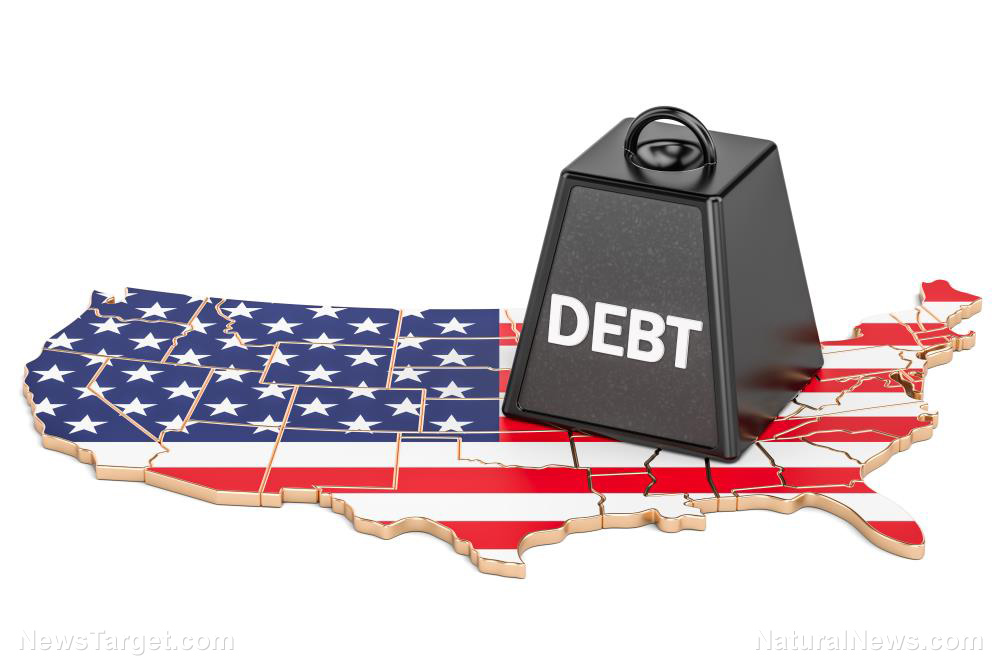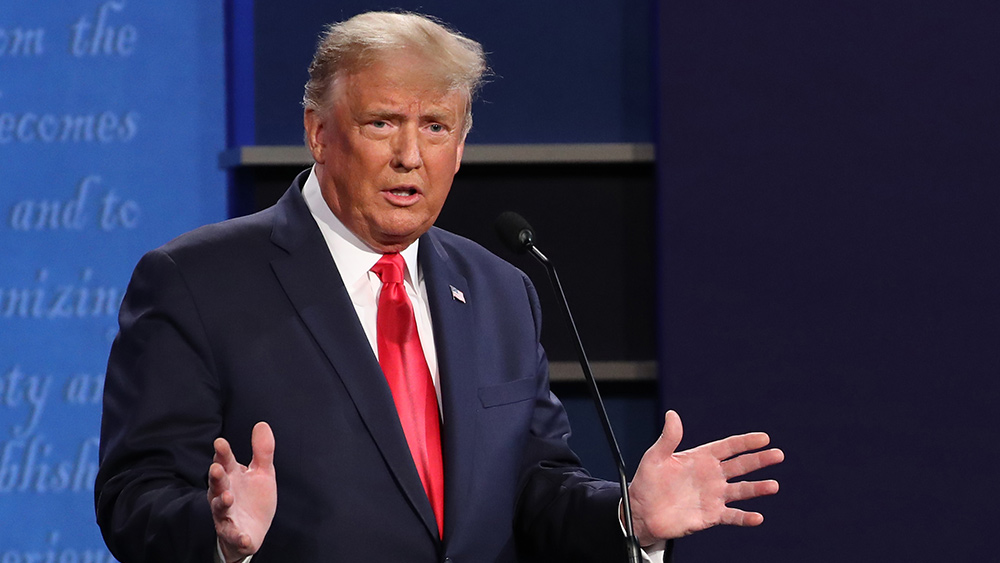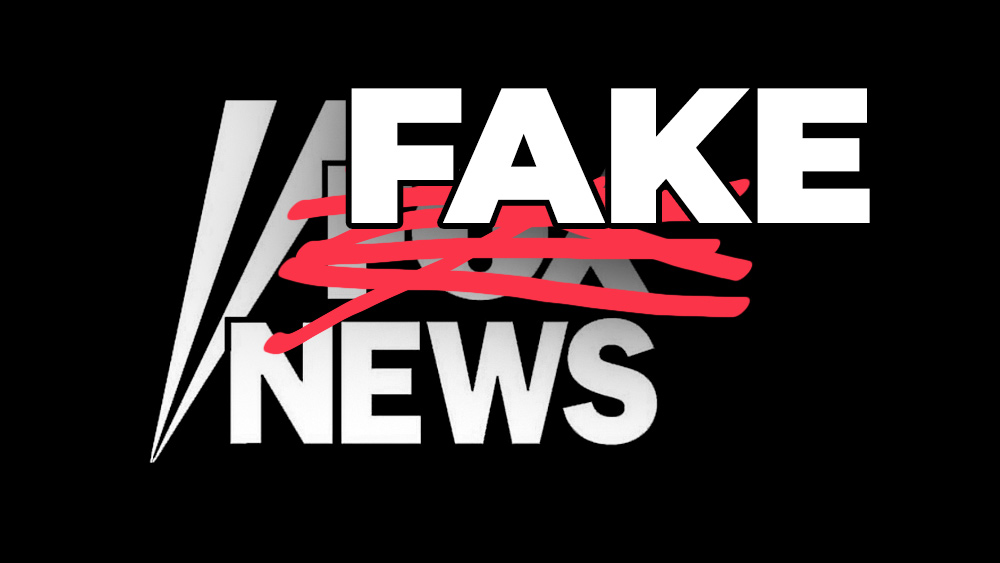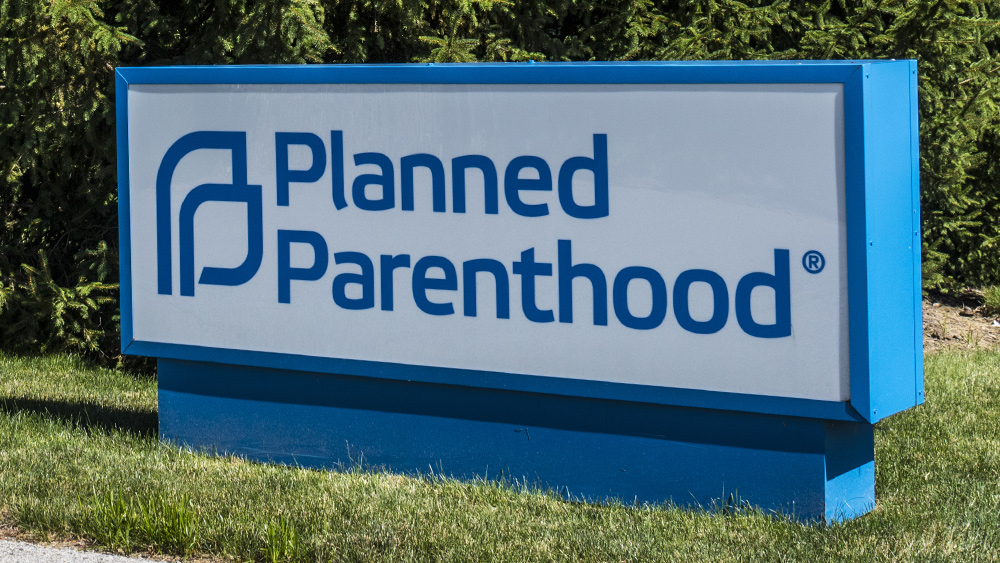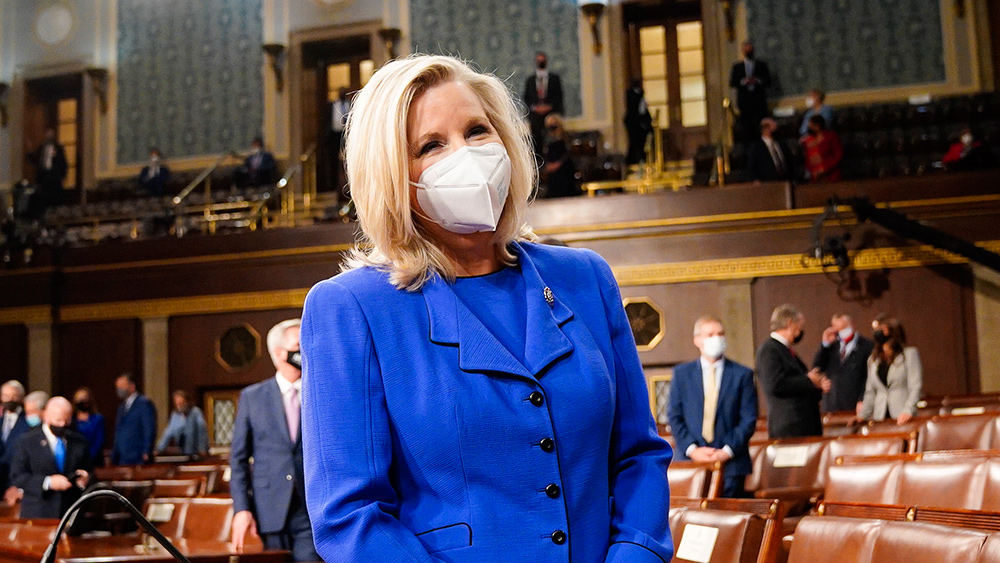Housing bubble about to burst? Home price growth saw record slowdown in June followed by largest monthly inventory gain in over a decade
08/08/2022 / By Ethan Huff

The Data & Analytics division of Black Knight, Inc. has released new data about the United States housing market that suggests cracks are beginning to form in that crusty old overinflated bubble.
In June, the U.S. saw its single-greatest annual home price growth decline on record. Prices are still going up in many markets, but at a drastically lower rate than prior to June.
To bring annual appreciation back to five percent, a rate more closely aligned to long-run averages, home price growth deceleration will need to continue at the current pace for another six months, Black Knight says.
But wait: Didn’t the Fed increase interest rates a few times now, meaning the worst is over? Nope. Things are only just getting started. (Related: Housing prices in many of America’s hottest markets are tumbling.)
“It could take five months or more for the full impact of recent interest rate spikes to be reflected in traditional home price indexes, which suggests the potential for even stronger slowing to come,” Black Knight warns.
U.S. markets are a fraudulent house of cards that will soon tumble into oblivion
Keep in mind that everything mentioned thus far is based on averages across the entire country. In certain local markets that became wildly overinflated almost beyond comprehension, the slink-back is even more pronounced.
Twenty-five percent of major U.S. housing markets saw home price growth rates slow by three percentage points, while four decelerated by four points or more in June alone.
“For context, during the 2006 downturn the strongest single-month slowing was 1.19 percentage points – about what we saw last month – and June topped that by 66%,” Black Knight explains.
As far as the number of homes for sale, there was a seasonally adjusted 22 percent (114,000) increase in the number of new listings over the past two months – though inventory is still 54 percent below 2017-2019 levels.
In other words, more houses are coming on the market these days, but inventory levels are still substantially lower than they were prior to the Wuhan coronavirus (Covid-19) plandemic.
“Facing a national shortage of 716K listings, it would take more than a year of such record increases for inventory levels to fully normalize,” Black Knight says.
Some markets are much further along in approaching pre-plandemic inventory levels while others remain further behind, which is to be expected.
All in all, things are hardly “normalizing,” as the industry so-called “experts” are suggesting will eventually happen. If anything, the bubble is still inflating to the point that its burst will be even more spectacular than if it happened right now.
This tapering of a problem that has been intensifying for decades will only delay the inevitable. There will not be an easy way out for the central bankers this time around, making the 2008 recession look like a walk in the park.
“The ship is sinking!” wrote a commenter at Natural News about the United States and the Mystery Babylonian system it has propagated all around the world. “World systems are collapsing. ‘Normal’ is NOT coming back.”
Another wrote that while the fiat dollar is certainly going to collapse, physical, tangible assets like real estate could maintain their value since they hold intrinsic value. Time will certainly tell.
“It’s getting to the point now where people are paying so much above asking price that the appraisers can’t justify the loan amount,” wrote another, who says his wife is vice president of a bank that handles high-end underwriting.
“Wow, if that is not indicative of a bubble, I don’t know what a bubble is,” responded someone else.
The latest news about the bursting of the housing bubble and other overinflated markets can be found at Collapse.news.
Sources for this article include:
Submit a correction >>
Tagged Under:
Bubble, housing, inflation, inventory, market crash, markets, prices, Real Estate, recession, risk
This article may contain statements that reflect the opinion of the author
RECENT NEWS & ARTICLES
COPYRIGHT © 2017 PROPAGANDA NEWS




